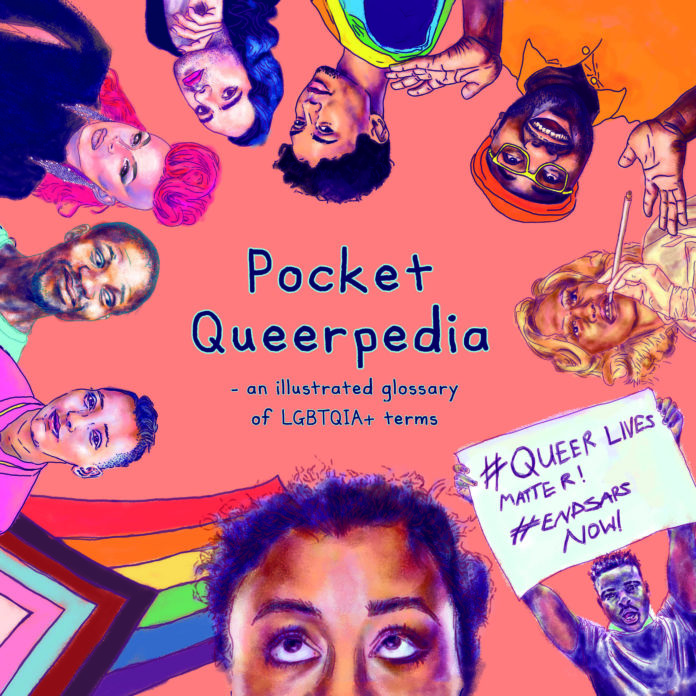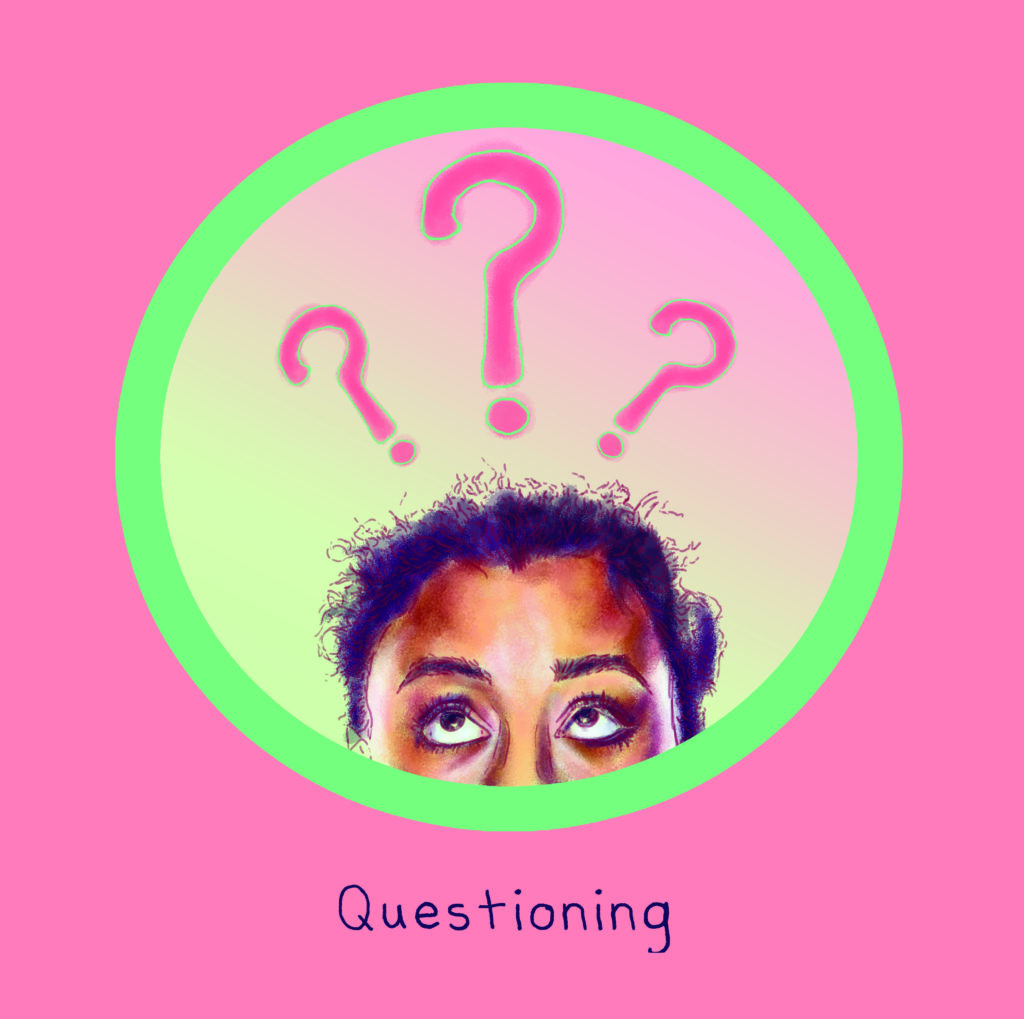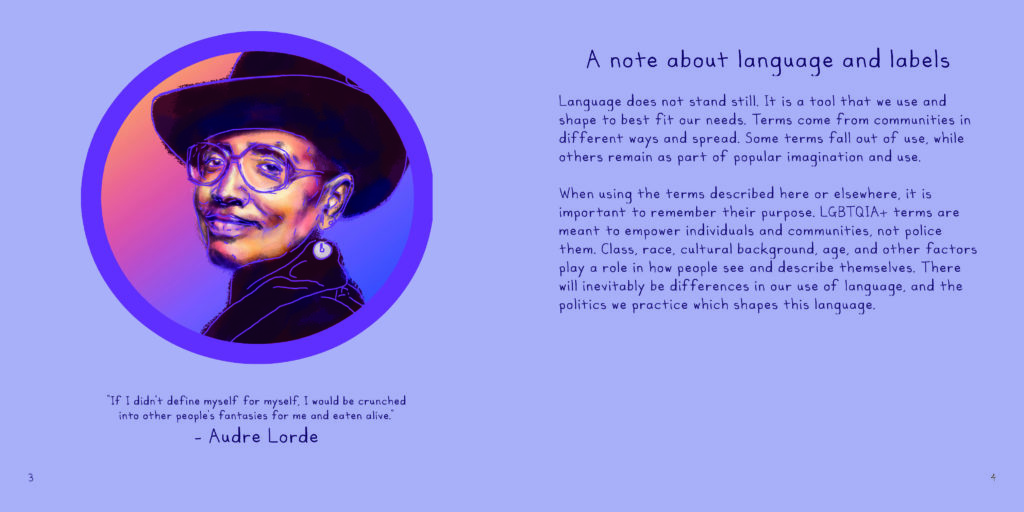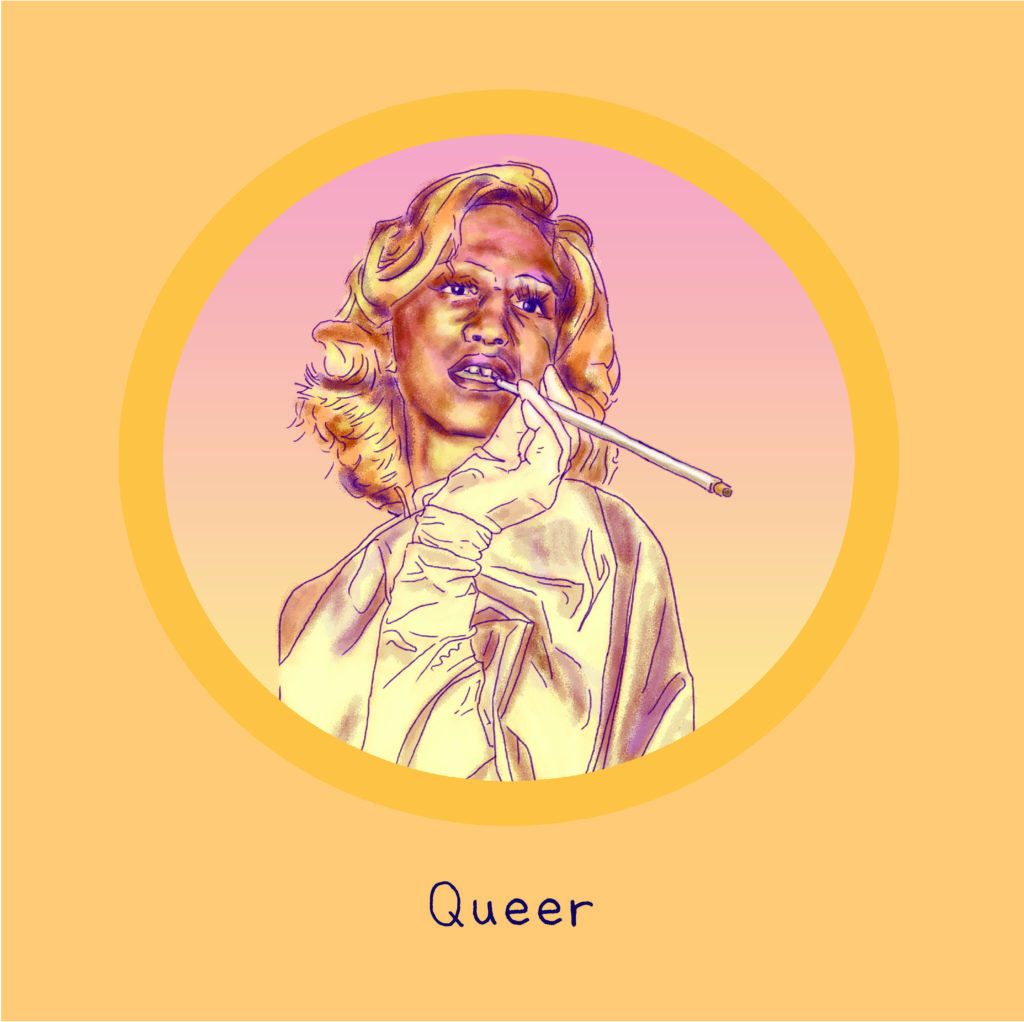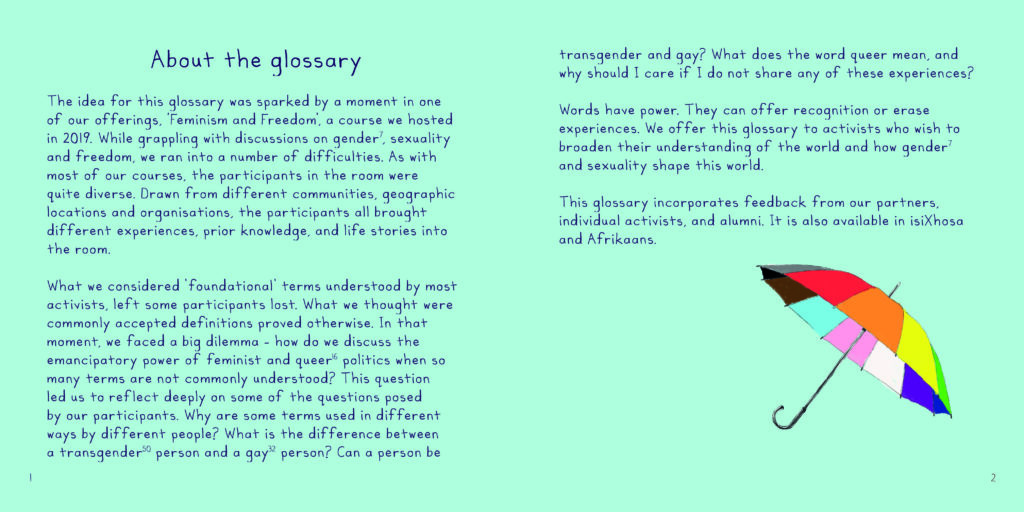The Pocket Queerpedia is a resource for activists, educators and the queer community developed by The Tshisimani Centre for Activist Education. The book is available in three languages (English, Afrikaans and isiXhosa), and is free to download online. It was released early this year in print and online versions.
In 2019, Tshisimani hosted a group of activists for a course called “Feminism and Freedom”. Within the discussions on gender and sexuality, they ran into some challenges.
Pocket Queerpedia was born out of a moment at this gathering. The participants in the room were quite diverse; from different communities, geographic locations and organisations.
What were considered basic terms in queerness and thought to be understood by many left the participants lost. The question then faced related to “how do we discuss the power and importance of queer politics, when so many terms are misunderstood?”
Upon reflection it led to more questions like; “Why are some terms used differently? Where do I understand the differences between biology and gender? What are the terms in my own home language? How would I explain this in a way my mother can understand? Are there African examples and experiences we can look to better understand and make cultural links?” From there the idea of queerpedia arose.
“Words have power. They can offer recognition or erase experiences. We offer this glossary to activists who wish to broaden their understanding of the world and how gender and sexuality can shape it.” The book also references political and historical roots of Pride with images from South Africa’s own queer archive.
Seth Deacon,Tshisimani’s visual materials developer and art curator conceived, designed and illustrated the book- with input from the entire Tshisimani staff. The editing, and copy edits were done by Tshisimani’s social media specialist and content creator, Mohammed Jameel Abdulla.
Tshisimani also consulted with Tandile Mbatsha,queer performance artist, activist and scholar,; Clinton Osborne, an activist, artist and educator of the Sex Workers’ Education and Advocacy Taskforce (SWEAT); and activist and scholar Mmakatleho Sefatsa.
Hakima Abbas, veteran pan-african, feminist scholar, and co-director of the Association for Women’s Rights in Development, provided extensive consultation and academic feedback. The many rounds of translations were held by a team of writers, activists, educators and translators consisting of Simone Cupido, Kealeboga Ramaru, Allan Maasdorp, Chulumanco Mihlali Nkasela, Dinga Sikwebu and Akha Hamba Mchwayo Tutu
A queer education resource like this is valuable and for once visually appealing. There are plans to translate it into further languages. The Queer Africa series of books is another compilation of stories from writers across Africa, detailing being queer in Africa.
Pocket Queerpedia is free to download “here.”

